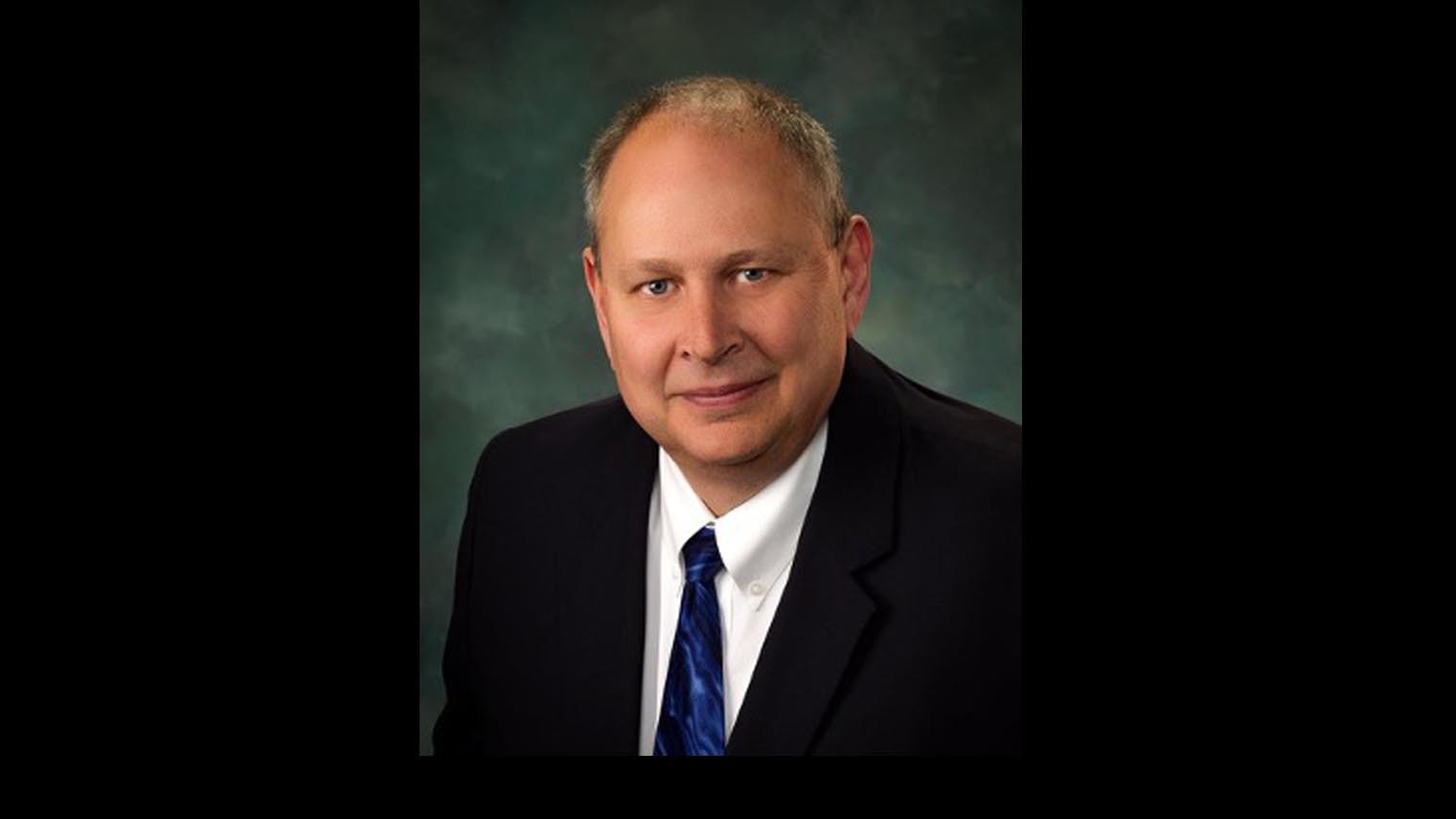I read the musing of another politician pontificating we need to "take our land back!" Local candidates have been campaigning on that slogan since the Sagebrush Rebellion.
While local control is a laudable goal, and a goal toward which many elected officials have been striving for a long time, knowing where we stand before we pick the fight seems like a good idea.
The unfortunate truth is the state of Wyoming never had title to the lands in the first place, so to say we are "taking them back" is a nice political rallying cry, but has little to do with the law as it has existed for many years.
Instead of engaging in mystical thinking perpetuated by bloggers, an analysis of the history and property laws might be helpful.
Ignoring the Native American claims to the North American Lands (which would take up space far greater than this column), analyzing how the United States and the state of Wyoming acquired the rights to the lands they now own is important to understanding the political debate.
Title to the Wyoming lands began with European conquest of North America, and then was solidified by purchase of lands and treaties with other countries.
The bulk of Wyoming lands were acquired by the United States government from France in the Louisiana Purchase of 1803. The lands east of the Continental Divide were purchased from France, who claimed they had conquered the territory prior to 1803.
The northwestern portion of Wyoming was acquired from England in the Oregon Treaty of 1846, which gave the lands north of the 49th parallel to Canada, and the lands south to the United States.
The remainder of Wyoming was acquired by the United States government in the Texas Annexation of 1845, and the Mexican-American War and the Mexican Cession of 1848. At that point, the United States government owned all of Wyoming.
Then, the United State government began transferring lands to citizens and companies. The most notable transfer of lands was the Railroad Act of 1862, which transferred five alternate sections within ten miles of the Union Pacific Railroad to the railroad companies, thus creating the checkerboard of lands across the southern part of Wyoming.
Additionally, the federal government, in the act of admission, granted to Wyoming certain lands for the operation of government facilities (Capitol, prison, university and state hospital), plus every section 16 and section 36 for the operation of schools.
To encourage people to settle in the western United States, the federal government transferred lands to individual persons through the various homestead acts. The early homestead acts granted the surface of the lands and all of the minerals.
Later, homestead acts reserved coal, and ultimately reserved all of the minerals to the United States. Ultimately, with the passage of the Federal Land Policy Management Act in 1976, homesteading was stopped altogether.
The final result of all of these transfers of land, and some other minor transfers, is the federal government still owns 48 percent of the surface and 75 percent of the minerals in the state of Wyoming. The federal government has had title since before statehood, and neither the individual citizens of the State of Wyoming or the Wyoming government had title to the lands.
Article 12 of the Wyoming Act of admission says, “The state of Wyoming shall not be entitled to any other or other grants of land for any purpose that as expressly provided in this act; and that the land granted by the section shall be held for the purposes herein, in such a manner as the legislature of the state may provide.”
In other words, Congress said Wyoming gets the lands we give it, and it has no rights to anything else.
As a matter of fact, in Article 21, Section 26 of the Wyoming Constitution, as a condition of statehood, the people of the state of Wyoming acknowledged: "The people inhabiting this state do agree and declare that they forever disclaim all right and title to the unappropriated public lands lying within the boundaries [of Wyoming] ..."
In other words, the state of Wyoming promised the federal government the lands the federal government had at statehood could remain federal lands.
Various legal challenges have been made to federal ownership of lands within the states. All have been unsuccessful.
Other states such as Hawaii and Utah have mounted legal challenges to federal ownership in their states, but the constitutions of those states are different. Their constitutions do not contain the same disclaimer of lands and the right to lands the Wyoming constitution has. As a result, the legal claims are different.
As we all know, the Supremacy Clause contained in Article VI, Paragraph 2 of the U.S. Constitution states the Constitution, federal laws and treaties are the supreme law of the land.
Article 1 Section 37 of the Wyoming Constitution confirms the supremacy clause. State legislators can pass laws until they are blue in the face, but until the United States Congress cedes control of the land, bills passed by the Wyoming legislature are just sound and fury, signifying nothing.
We all know the federal government is often not a very good neighbor. The policy makers often disregard that Wyoming is not the way it is by accident. Generations of thoughtful resource management has made Wyoming the paradise it is.
The people of Wyoming deserve more than empty promises and political rallying cries. Many intelligent people, in many states, have been working diligently to address the land management and control issue in the West.
The truth of the matter is one cannot wave a magic wand and somehow make the historical compromises and existing law vanish. Wyoming needs a thoughtful approach to a complicated problem – not legislative temper tantrums that make us look silly.
Tom Lubnau served in the Wyoming State Legislature from 2005 - 2015. He was Speaker of the House from 2013 - 2015.





